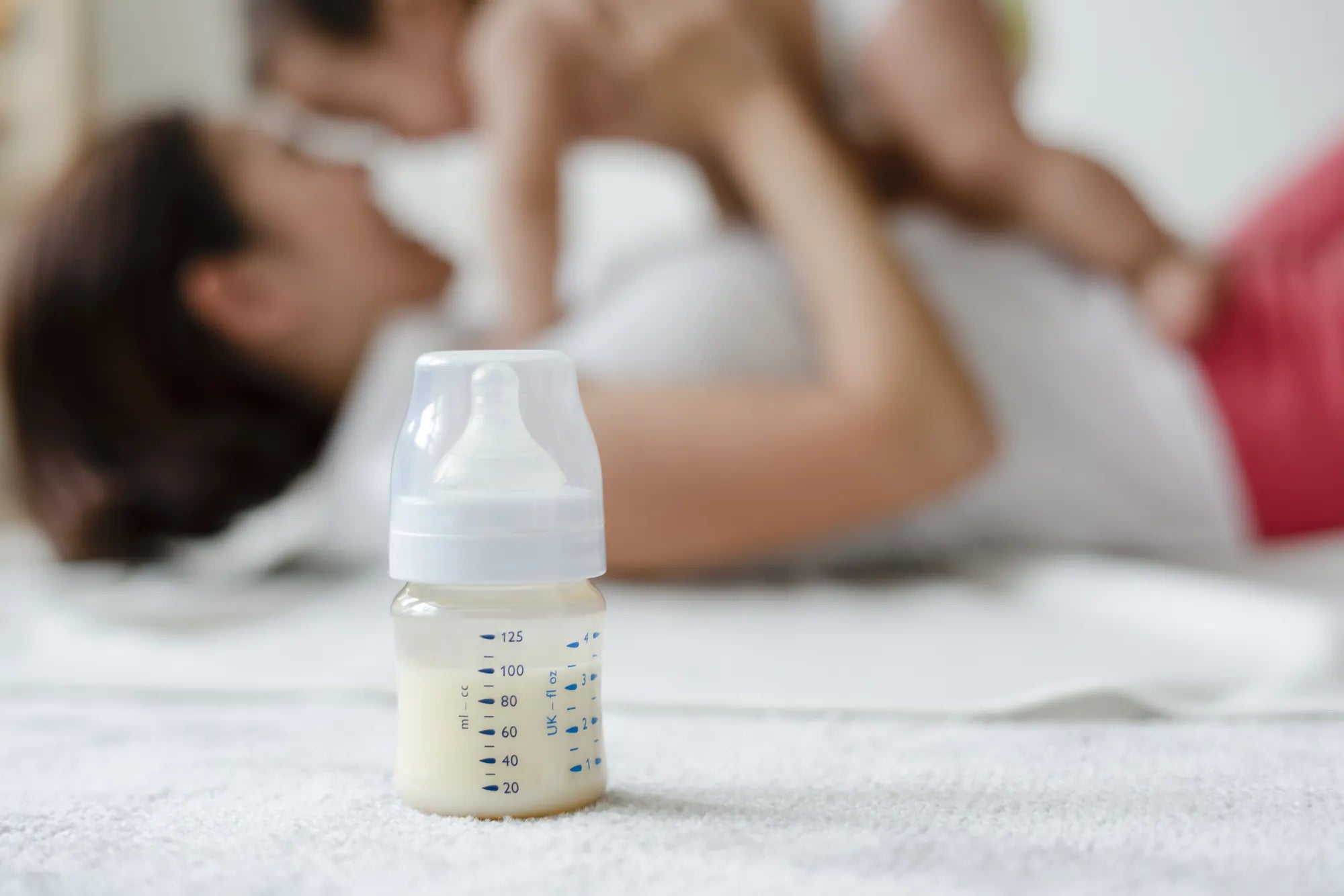Inicio
Pregnancy, Breastfeeding, and Pumping: The Ultimate Guide for Moms
How Long Should an Electric Breast Pump Last: A Comprehensive Guide

How Long Should an Electric Breast Pump Last: A Comprehensive Guide
When it comes to breastfeeding, an electric breast pump can be a lifesaver for many mothers. But how long should an electric breast pump last? This question is crucial for those who rely on this essential device. In this article, we will explore the factors that influence the lifespan of an electric breast pump, tips for maintaining it, and signs that it might be time for a replacement.
Factors Influencing the Lifespan of an Electric Breast Pump
The longevity of an electric breast pump depends on several factors. Understanding these can help you make informed decisions about your pump's care and when to consider a replacement.
Frequency of Use
One of the most significant factors is how often you use the pump. Daily use will naturally wear down the components faster than occasional use. If you are exclusively pumping, your device will likely need replacement sooner than if you use it sporadically.
Quality of the Pump
Not all electric breast pumps are created equal. Higher-quality pumps are generally built to last longer and withstand more frequent use. Investing in a well-made pump can save you money in the long run.
Maintenance and Care
Proper maintenance is key to extending the life of your electric breast pump. Regular cleaning, timely replacement of parts like valves and membranes, and proper storage can significantly impact its lifespan.
Tips for Maximizing the Lifespan of Your Electric Breast Pump
To ensure your electric breast pump lasts as long as possible, follow these tips:
Regular Cleaning
Always clean your pump according to the manufacturer's instructions. This includes disassembling the parts and washing them thoroughly after each use. Proper cleaning prevents the buildup of bacteria and milk residue, which can damage the pump over time.
Timely Replacement of Parts
Components like valves, membranes, and tubing wear out over time and need to be replaced regularly. Using worn-out parts can reduce the efficiency of your pump and lead to premature failure.
Proper Storage
Store your pump in a clean, dry place when not in use. Avoid exposing it to extreme temperatures or humidity, as these conditions can damage the internal components.
Signs It's Time to Replace Your Electric Breast Pump
Even with the best care, there will come a time when your electric breast pump needs to be replaced. Here are some signs to watch for:
Decreased Performance
If you notice a significant drop in suction power or milk output, it may be a sign that your pump is no longer functioning effectively. This can be due to worn-out parts or internal motor issues.
Unusual Noises
Strange noises like grinding, squeaking, or rattling can indicate that the internal components are failing. If these sounds persist after cleaning and replacing parts, it might be time for a new pump.
Visible Wear and Tear
Inspect your pump regularly for signs of wear and tear. Cracks, discoloration, or other visible damage can compromise the pump's functionality and hygiene.
How Long Should an Electric Breast Pump Last?
On average, a high-quality electric breast pump can last between one to three years with regular use. However, this can vary based on the factors discussed earlier. If you use your pump multiple times a day, you may need to replace it sooner. Conversely, occasional use can extend its lifespan.
Ultimately, the key to maximizing the lifespan of your electric breast pump lies in proper care and maintenance. By following the tips outlined in this article, you can ensure that your pump remains in good working condition for as long as possible. And when the time comes to replace it, you'll be well-prepared to make an informed decision.
So, how long should an electric breast pump last? With the right care and attention, it can serve you well for years, providing the support you need during your breastfeeding journey. Don't wait until it's too late—start taking care of your pump today to enjoy its benefits for as long as possible.
Compartir
